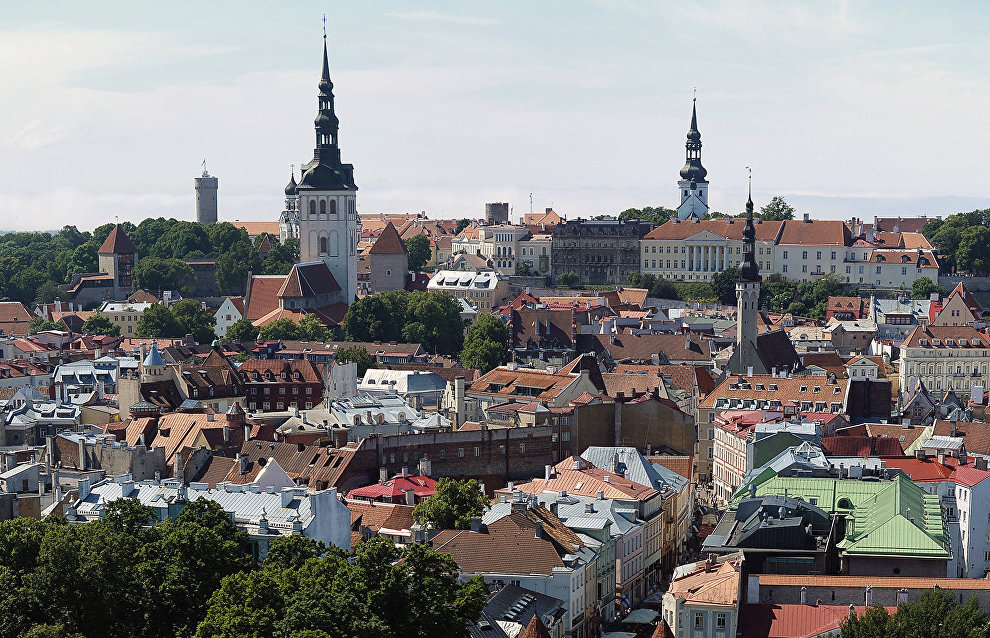Estonia set to become non-permanent Arctic Council member
On Thursday, the Government of Estonia responded to a proposal made by the national Ministry of Foreign Affairs and approved a decision to apply for observer country status in the Arctic Council, according to the Foreign Ministry press service.
Estonian Minister of Foreign Affairs Urmas Reinsalu noted that Estonia's observer status in the Arctic Council would allow it to become more actively involved in Arctic-related matters.
The Foreign Ministry press service quotes Reinsalu as saying: "This implies Estonia's capability of exerting international influence on Arctic-related matters. Apart from Arctic states, other states located near the Arctic and international organizations should also aim to accomplish this task. Efforts to ensure the Arctic's sustainable development require interstate cooperation and broad political support. Estonia has three groups of Arctic interests, including science, the economy and security," he noted.
The Arctic Council was established in 1996 on the initiative of Finland that initially viewed the preservation of the unique environment of the North Pole zone as its main goal. The Council's eight permanent members, namely, Canada, Denmark, Finland, Iceland, Norway, Russia, Sweden and the United States are its nucleus. Six organizations representing indigenous Arctic ethnic groups, namely, the Aleut International Association, the Arctic Athabaskan Council, the Gwich'in Council International, the Inuit Circumpolar Council, the Russian Association of Indigenous Nations of the North, Siberia and Far East and the Saami Council, also have the status of permanent members.
Non-Arctic states, as well as inter-governmental, parliamentary, global, regional organizations and NGOs that, in the opinion of the Arctic Council's members, can contribute to its work, have the right to apply for observer status in the Council.
